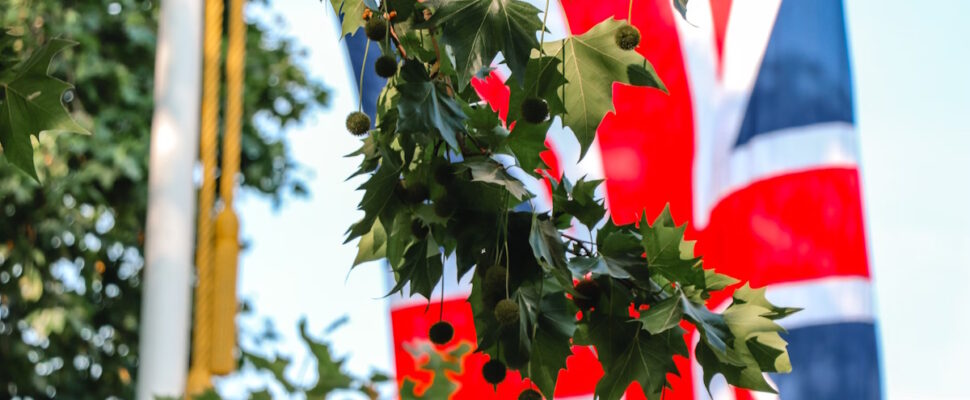The latest news from UK healthcare and the life sciences, including a record rise in the number of people using private healthcare services due to significant strains on the National Health Service (NHS); reaction to the government’s latest Life Science Plan; and the Medicines and Healthcare products Regulatory Agency (MHRA)’s new regulatory recognition routes for medicines using approvals from Australia, Canada, the EU, Japan, Switzerland, Singapore and the US.
Record rise in people using private healthcare amid NHS frustration (The Guardian)
Data prompts speculation NHS inability to cut waiting lists could make private healthcare ‘new normal’
Record numbers of people are paying for private healthcare, spending up to £3,200 on having a cataract removed and £15,075 on a new hip, amid growing frustration at NHS waiting lists.
Across the UK last year 272,000 people used their own funds to cover the cost of having an operation or diagnostic procedure at a private hospital. That was up from 262,000 the year before and a sharp rise on the 199,000 who did so in 2019, the year before the Covid pandemic struck.
Delivery pivotal as UK life sciences plan takes shape (Pharma Times)
The ambitious life sciences plan laid down by the UK government is gaining some much-needed momentum. With a wide-ranging series of proposals to boost the clinical trials ecosystem, however, the key to the success of the plans will be an ability to overcome significant commercial challenges.
This week, the Life Sciences Council, comprising ministers and global life science industry leaders, convened to discuss how the UK can realise and sustain the economic potential of the sector. Critically, they also addressed recent declines in clinical trials performance and wider investment.
The Council meeting unfolded in Downing Street and was opened by chancellor Jeremy Hunt. Meanwhile, it was co-chaired by Chloe Smith – secretary of state for the Department for Science, Innovation and Technology – and Pascal Soriot, chief executive officer at AstraZeneca.
No ‘magic wand’ for financial pressures, Hunt tells pharma groups (Financial Times)
UK chancellor Jeremy Hunt has told drugmakers that the government has no “magic wand” to deal with financial pressures and was unlikely to give into industry demands to pay a significantly higher price for medicines.
The government will on Friday unveil reforms worth £650mn to boost the life sciences sector as part of a wider package of measures.
Drugmakers have condemned the government for this year increasing a tax on sales of drugs to the NHS to 26.5 per cent, from 5.1 per cent over the past two years. They have argued that low prices mean the UK will lose out on innovation investment
MHRA announces new recognition routes to facilitate safe access to new medicines with seven international partners (gov.uk)
The new recognition routes open additional options for the MHRA to bring cutting-edge medicines faster to UK patients by leveraging the expertise and decision-making of trusted regulatory partners
New regulatory recognition routes for medicines will be established using approvals from Australia, Canada, the European Union, Japan, Switzerland, Singapore and the United States, the Medicines and Healthcare products Regulatory Agency has announced today.
This means that patients will have access to safe and effective medicines that have been approved by trusted regulatory partners in other countries. The new international recognition routes will sit alongside the MHRA’s own unique innovation pathway for medicines which integrates early regulatory advice with health technology assessment advice.
SK Bioscience’s Covid-19 vacine scores first international approval in UK (Korea Biomed)
SK Bioscience said on Tuesday that its homegrown Covid-19 vaccine, SKYCovione, obtained approval from the U.K. Medicines and Healthcare products Regulatory Agency (MHRA) for the first and second primary series doses for adults aged 18 and over in England, Scotland, and Wales.
Consequently, SKYCovione is now the eighth Covid-19 vaccine to receive full authorization in the U.K.
SKYCovione is a synthetic antigen-based Covid-19 vaccine jointly developed with the Institute for Protein Design (IPD) at the University of Washington (UW) together with GlaxoSmithKline’s (GSK) adjuvant to strengthen the immune response and induce neutralizing antibodies.
Under the MHRA’s rolling review for accelerated approval, and based on phase 3 clinical trial data, it received formal approval in just one year and two months. Additionally, SK Bioscience aims to obtain WHO Emergency Use Listing (EUL) and European Medicines Agency (EMA) marketing authorization to lead the epidemic prevention of Covid-19, said a company official.


